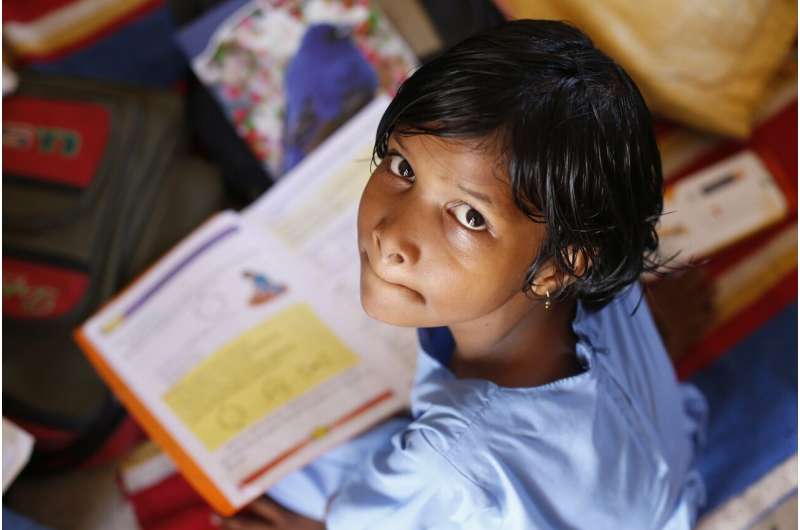Children who eat lunch score 18 percent higher in reading tests, new study shows

The powerful connection between nutrition and education has been revealed by new research from ESMT Berlin. Primary school children who attended a public free lunch program over an extended period were shown to have significantly better learning outcomes. According to the study, children with up to five years of midday meals had reading test scores that are 18% higher than those of students with less than a year of school lunches. They also showed an improvement of 9% for maths test scores.
Professors Rajshri Jayaraman from ESMT Berlin and Tanika Chakraborty from the Indian Institute of Technology studied the effects of India's midday meal scheme, the world's largest free school lunch program, feeding over 120 million children every day.
"The effect of nutrition appears to be cumulative, seen over time," says Professor Jayaraman. "Previous studies have varied between two weeks and two years, and failed to capture the important impact—our research shows that the real benefit of school lunches was seen in children exposed for two to five years."
This is the longest and largest study into the effect of midday meals on primary school-aged children's learning. The researchers exploited data from nearly 600 rural districts in India, covering over 200,000 households. Due to the staggered implementation of the program across districts, they were able to identify the causal effect of regular meals on learning.
The findings confirm the substantial value for children in free school meal programs that are run around the world. According to the World Food Program, 368 million children globally—that's one in five—received a school meal in 2013 at a cost of 75 billion US dollars.
The paper "School Feeding and Learning Achievement: Evidence from India's Midday Meal Program" is forthcoming in the Journal of Development Economics.
More information: Tanika Chakraborty And Rajshri Jayaraman. School Feeding And Learning Achievement: Evidence From India's Midday Meal Program. Journal of Development Economics In press. rationality-and-competition.de … aborty_jayaraman.pdf
Provided by ESMT Berlin

















